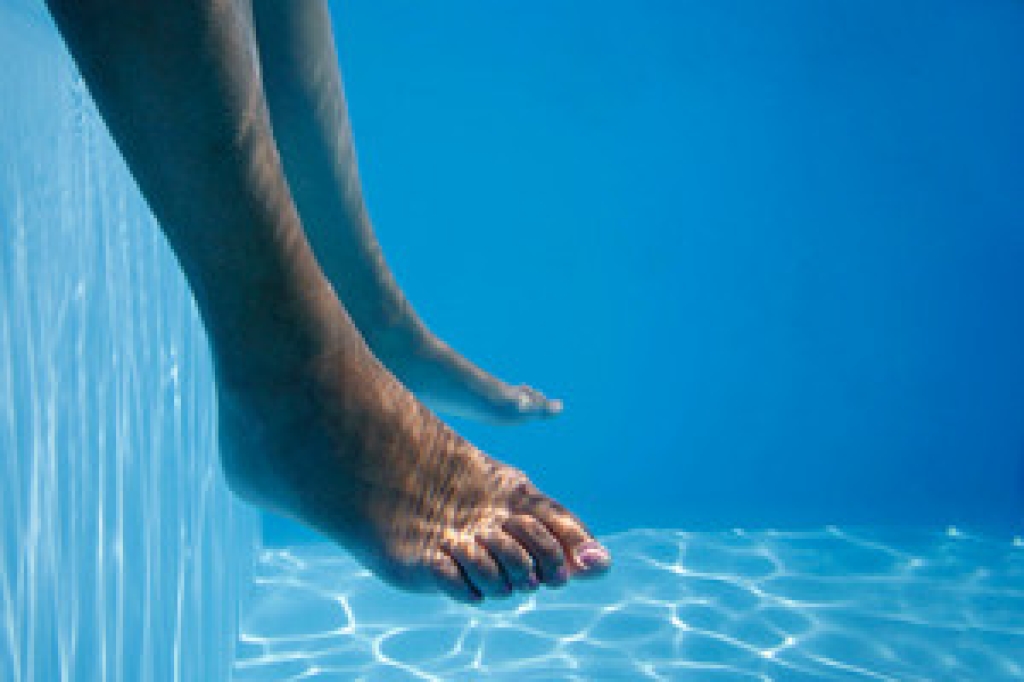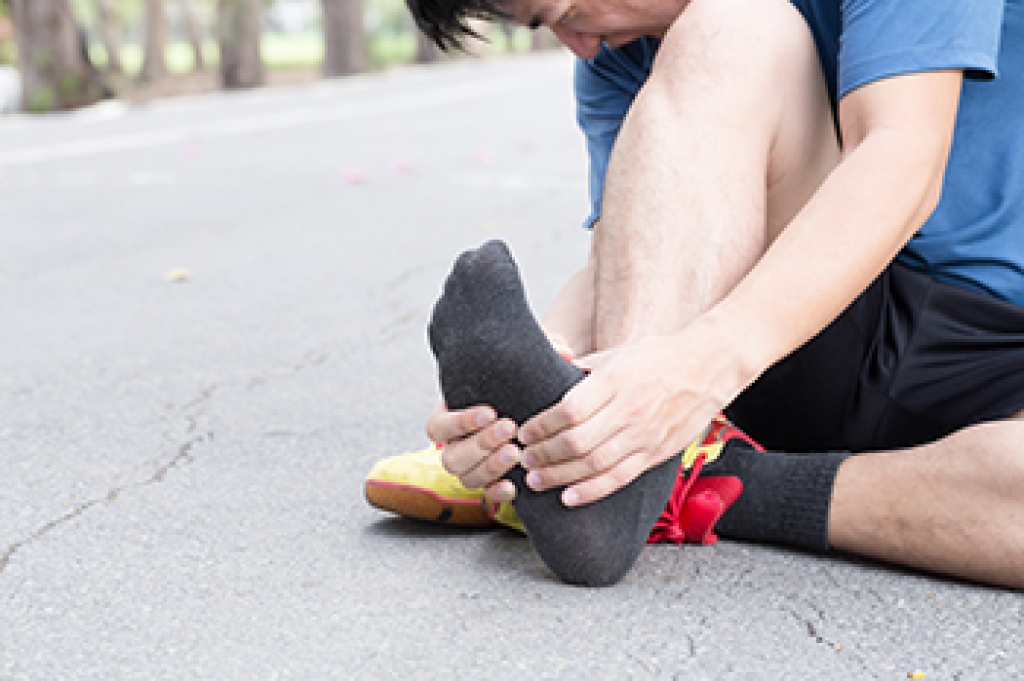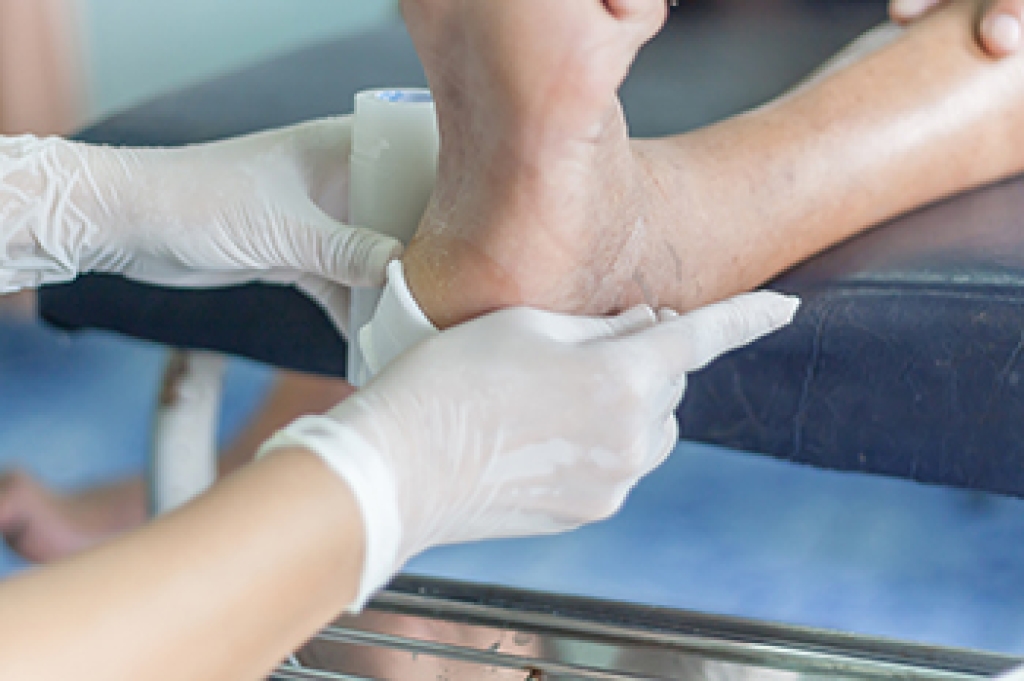
Athlete’s foot is a common fungal skin infection that affects the feet and thrives in warm and moist environments. It often develops between the toes and can cause itching, redness, scaling, and burning discomfort. Swimmers are especially at risk because fungi spread easily in pools, locker rooms, indoor bathing areas, and public showers, where surfaces stay warm and humid. Prolonged exposure to moisture, tight footwear, and walking barefoot in shared spaces can increase the chance of infection. If left untreated, athlete’s foot can worsen and manifest into more severe skin disease that spreads to the soles, nails or other areas of the body. A podiatrist can accurately diagnose the condition, provide effective treatment and offer prevention guidance. If foot itching or skin changes persist, it is suggested that you consult a podiatrist who can offer effective treatment solutions, which may include prescribed medication.
Athlete’s foot is an inconvenient condition that can be easily reduced with the proper treatment. If you have any concerns about your feet and ankles, contact Soorena Sadri, DPM from FootWorx Active Podiatry. Our doctor will treat your foot and ankle needs.
Athlete’s Foot: The Sole Story
Athlete's foot, also known as tinea pedis, can be an extremely contagious foot infection. It is commonly contracted in public changing areas and bathrooms, dormitory style living quarters, around locker rooms and public swimming pools, or anywhere your feet often come into contact with other people.
Solutions to Combat Athlete’s Foot
- Hydrate your feet by using lotion
- Exfoliate
- Buff off nails
- Use of anti-fungal products
- Examine your feet and visit your doctor if any suspicious blisters or cuts develop
Athlete’s foot can cause many irritating symptoms such as dry and flaking skin, itching, and redness. Some more severe symptoms can include bleeding and cracked skin, intense itching and burning, and even pain when walking. In the worst cases, Athlete’s foot can cause blistering as well. Speak to your podiatrist for a better understanding of the different causes of Athlete’s foot, as well as help in determining which treatment options are best for you.
If you have any questions please feel free to contact our office located in Fort Myers, FL . We offer the newest diagnostic and treatment technologies for all your foot and ankle needs.




